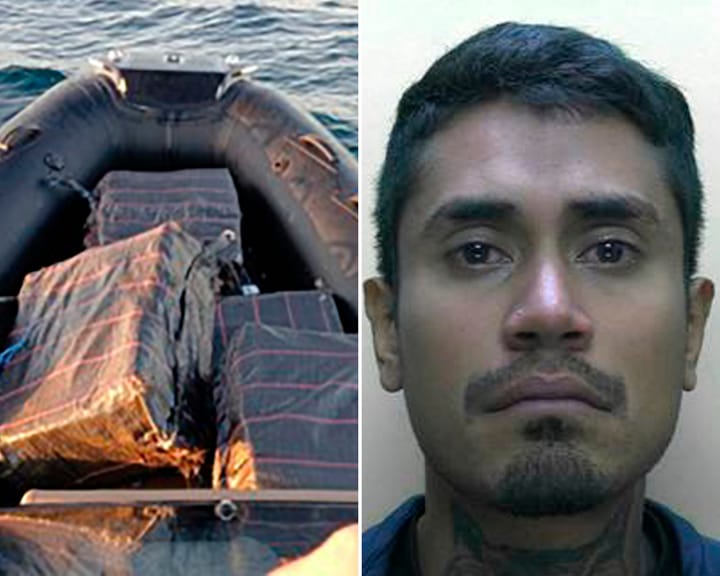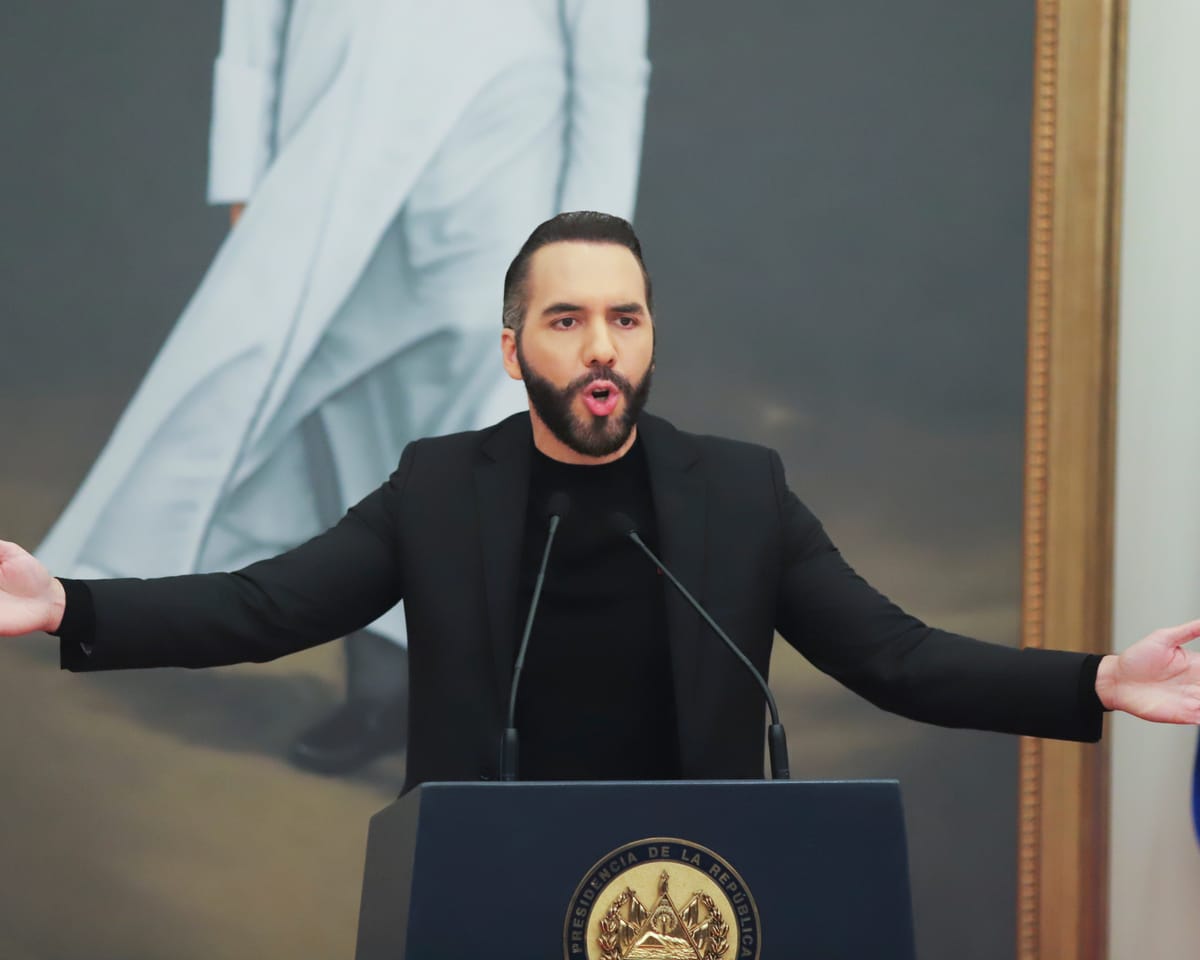Critics and opposition leaders have cautioned that El Salvador is moving toward authoritarian rule after the country’s legislature eliminated presidential term limits, allowing Nayib Bukele to seek re-election indefinitely.
“Democracy in El Salvador has ended,” opposition lawmaker Marcela Villatoro stated late Thursday as the legislative body—dominated by Bukele’s Nuevas Ideas party, which holds 90% of seats—passed the contentious change with a 57-3 vote.
Villatoro accused legislators of striking a “final blow” to democratic governance during the late-night session. “Today, some celebrate this. Tomorrow, they will regret it,” she said, likening El Salvador’s shift to Venezuela’s democratic decline.
“When all authority rests with one individual, democracy ceases to exist. And once lost, it can take decades to restore,” Villatoro added.
Supporters of Bukele, a 44-year-old leader who once jokingly referred to himself as “the world’s coolest dictator,” welcomed the reforms, which also extend presidential terms from five to six years and move the next election from 2029 to 2027. The runoff voting round will also be eliminated.
Suecy Callejas, one of 54 Nuevas Ideas representatives in the 60-member assembly, posted on social media: “The constitution is not sacred. What matters is the will of the people. And today, more than ever, the people guide our choices.”
Bukele, a key ally of former U.S. President Donald Trump in Latin America, first took office in 2019 and won re-election last year amid strong public backing for his aggressive anti-gang policies, which led to a sharp drop in homicides.
His policies have resulted in the imprisonment of 2% of the adult population and the suspension of legal safeguards, earning him admiration from some conservative politicians in the region and factions within Trump’s base.
However, Bukele’s growing power has alarmed opposition figures and rights advocates. Juanita Goebertus, Americas director at Human Rights Watch, drew parallels between El Salvador’s decision and Venezuela’s 2009 constitutional amendment under then-president Hugo Chávez.
Sixteen years later, Chávez’s successor, Nicolás Maduro, remains in power despite a disputed election last year. “El Salvador is following Venezuela’s trajectory,” Goebertus cautioned. “It begins with a leader leveraging popularity to centralize authority, and it ends in autocracy.”
In a rare interview with international media last year, Bukele claimed he would not seek re-election, citing the constitutional ban—now overturned. “Additionally,” he said, “my wife and I agreed this would be my final term.”
Read next

"Softball booms in Brazilian city as Cuban migrants surpass Venezuelans for the first time"
Roberto Hernández Tello, 59, originally from Camagüey, Cuba, had hoped to reach the United States for a better future. But due to stricter immigration policies under the previous U.S. administration, he found himself in Curitiba, southern Brazil, thousands of miles from home.
Like him, many Cubans have recently arrived

"Public asked to aid in catching drug gangs using 'mother ships' near UK shores"
Police Ask Coastal Residents to Aid in Combating Drug Smuggling
Authorities have called on residents of coastal areas in the UK to assist in disrupting criminal groups that are employing increasingly creative tactics to bring large amounts of cocaine into the country.
Officials have noted a rise in “at-sea drop-offs”

"Germany's historic largest gay nightclub files for bankruptcy"
Germany’s longest-running and largest LGBTQ+ dance venue has filed for bankruptcy after operating for nearly 50 years, succumbing to financial pressures and shifting trends in Berlin’s nightlife.
Internal challenges and the rise of dating apps contributed to SchwuZ’s difficulties over the past year. In May, the venue

